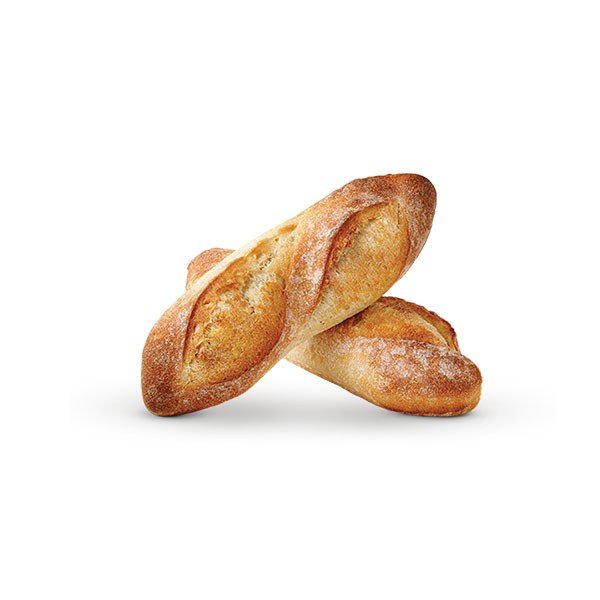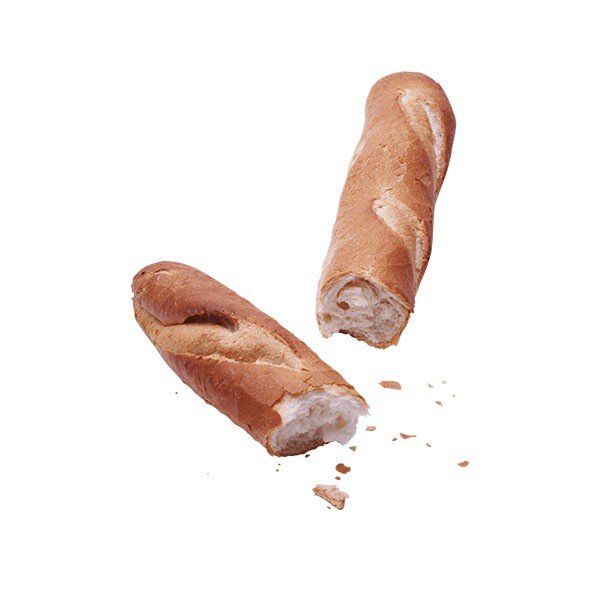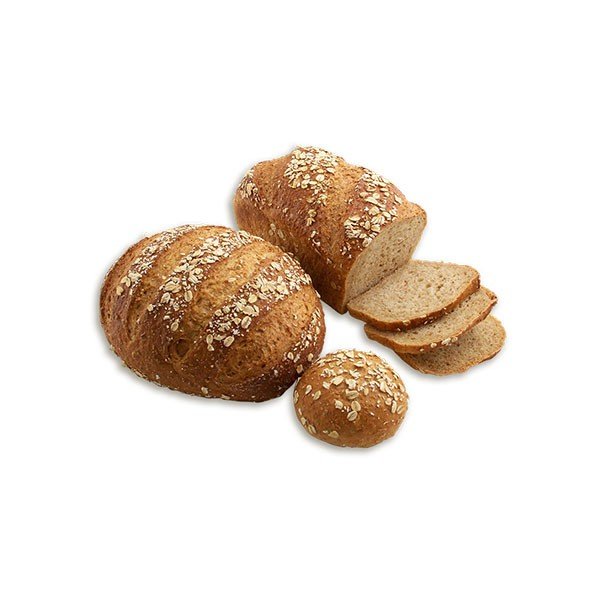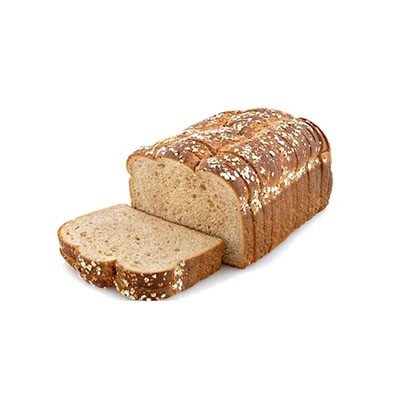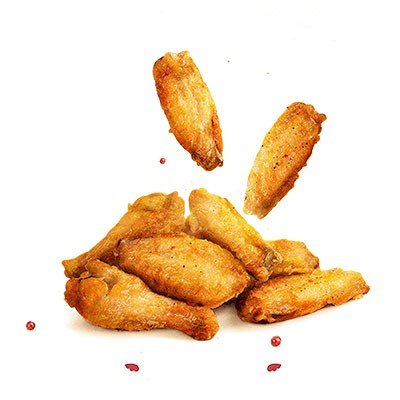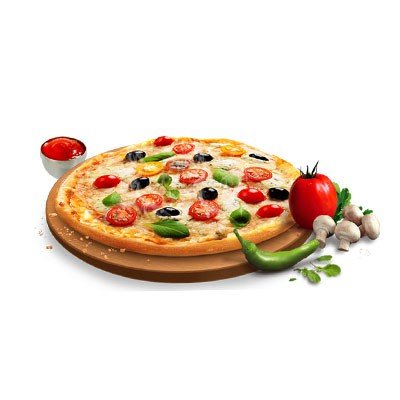Bread is a staple food prepared from a dough of flour (usually wheat) and water, usually by baking. Throughout recorded history and around the world, it has been an important part of many cultures' diets. It is one of the oldest human-made foods, having been of significance since the dawn of agriculture, and plays an essential role in both religious rituals and secular culture.
- Bread is one of the oldest prepared foods.
- Evidence from 30,000 years ago in Europe and Australia revealed starch residue on rocks used for pounding plants.
- It is possible that during this time, starch extract from the roots of plants, such as cattails and ferns, was spread on a flat rock, placed over a fire, and cooked into a primitive form of flatbread.
- The world's oldest evidence of bread-making has been found in a 14,500-year-old Natufian site in Jordan's northeastern desert.
- Around 10,000 BC, with the dawn of the Neolithic age and the spread of agriculture, grains became the mainstay of making bread.
- Yeast spores are ubiquitous, including on the surface of cereal grains, so any dough left to rest leavens naturally.
An early leavened bread was baked as early as 6000 BC by the Sumerians, who may have passed on their knowledge to the Egyptians around 3000 BC. The Egyptians refined the process and started adding yeast to the flour. The Sumerians were already using ash to supplement the dough as it was baked.



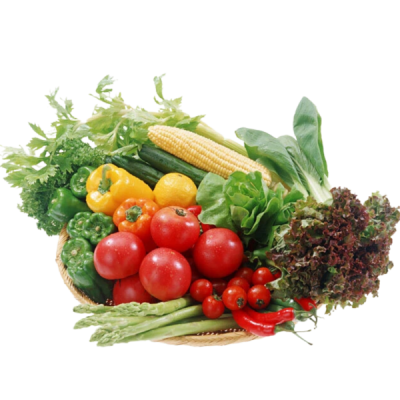

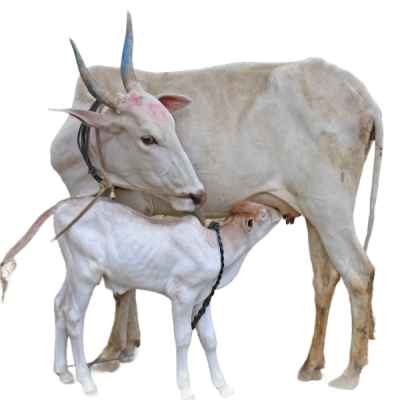
.png)
